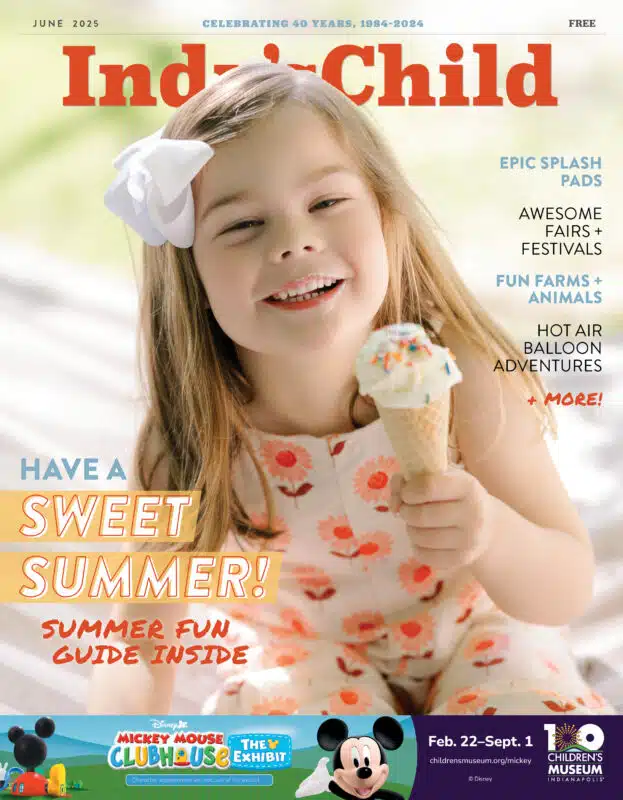The day begins with a morning meeting. It’s 9 a.m., and there is a significant problem to be solved. A new toy has been introduced to the preschool.
So what’s the problem?
There is only one toy. There are 20 preschool students.
During the morning meeting, the students will discuss and decide who will use the toy and when. Together they will navigate through different scenarios and decide upon rules that will leave everyone, hopefully, satisfied.
The skills required to peacefully negotiate a solution to this problem are skills that these 4-year-olds will use again and again — throughout their entire scholastic experience and on into their work lives.
Preschool Sets the Stage for Life
Preschool provides young children with the opportunity to learn and practice important life skills, including independence, empathy, conflict resolution, how to listen and how to express oneself. It gives students a head start when entering kindergarten, as students who have been in preschool better understand how school works.
“Preschool is about increasing context and experience with students’ own peer group and with adults,” says Heather Girton, interim early childhood and elementary school director at The Orchard School.
At Orchard, preschool is also about interacting with nature and their environment, as the students spend hours outside learning. Their campus includes playgrounds and outdoor classrooms.
Girton recalled a recent lesson that took the preschool class outside. “They were looking for all things red and all things that start with the ‘R’ sound,” she says. “For 25 minutes, they were outside going on an ‘R’ hunt. On any given hike outside, a teacher is able to focus in on those literacy lessons.”
Play is Important
Intentional play in preschool provides young children with the opportunity to develop skills, which will inevitably lead to students’ success.
“Play is an important part of a child’s early development, and we believe that children learn through play,” says Tracy Schnase, preschool director at St. Elizabeth Seton Preschool and Kindergarten in Carmel. “High-quality early childhood programs allow children to learn through play that is both spontaneous and guided by their teachers. Exposing children to a variety of materials, situations and people allows them to explore and learn.”
Schnase explained that parents might see kids playing with shaving cream and foam blocks, but there’s actually a lot more happening behind the scenes. Kids are learning science, math, vocabulary and cooperation when they play, whether they know it or not.
Schanase says that simple acts, such as hanging a mitten on a clothesline, develops fine motor development. Or matching mittens develops visual discrimination, which is an important pre-literacy skill. Or working in the same space as another child and spreading the mittens on the line helps develop spatial awareness.
“One singular activity can have multiple benefits and meet different needs,” Schnase says.
In preschool, educators should meet students where they are and celebrate the learning that happens along the way. In this positive environment, where mistakes are celebrated as learning opportunities, students feel safe, which sets the stage for a life-long love of learning.
“When children feel safe and loved, then they can trust their teachers to meet their needs,” Schnase says.








Thank you for explaining that preschool will give kids a head start for kindergarten. I’ve been wondering if I should enroll my daughter in preschool or if I should wait until kindergarten. It seems like it could really benefit her education to get started early.